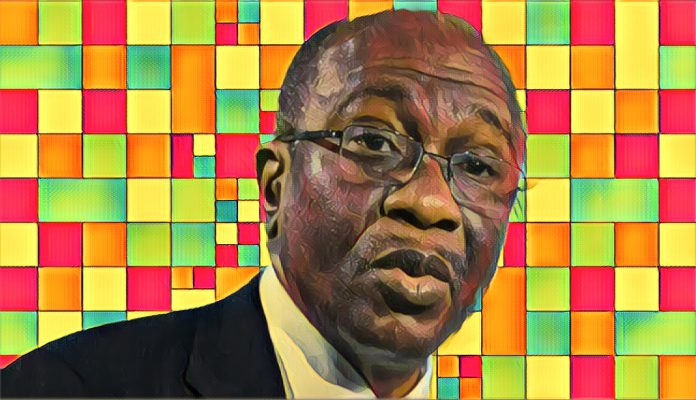The Governor of the Central Bank of Nigeria, Godwin Emefiele, is set to appear in court in Lagos on Monday to face trial over allegations of forex abuse totaling $2.14 billion. The legal proceedings mark a significant development in a case that has garnered widespread attention and raised concerns about transparency and accountability in the country’s financial system.
Emefiele stands accused of misconduct related to the management of foreign exchange transactions during his tenure at the helm of the central bank. The allegations, which have been vehemently denied by the governor, allege irregularities in the allocation and utilization of forex reserves, leading to substantial financial losses for the Nigerian economy.
The trial comes at a critical juncture for Nigeria, as the country grapples with economic challenges exacerbated by the global pandemic and fluctuating oil prices. The outcome of the legal proceedings is likely to have far-reaching implications for investor confidence and the credibility of Nigeria’s financial institutions.
Emefiele’s defense team has vowed to vigorously contest the charges, asserting the governor’s innocence and highlighting his record of service to the nation’s economy. However, critics argue that the allegations raise serious questions about governance and oversight within the central bank, calling for greater transparency and accountability in the management of public funds.
The trial underscores the importance of upholding the rule of law and ensuring accountability at all levels of government. As Nigeria strives to promote economic stability and attract foreign investment, addressing allegations of financial misconduct is essential to restoring trust and confidence in the country’s financial system.
While the outcome of the trial remains uncertain, its proceedings are likely to serve as a litmus test for Nigeria’s commitment to combating corruption and fostering a conducive environment for sustainable economic growth. As the case unfolds, stakeholders will be closely monitoring developments to assess the implications for the country’s financial integrity and regulatory framework.
In conclusion, Emefiele’s impending trial reflects broader concerns about governance and accountability in Nigeria’s financial sector. As the legal process unfolds, the nation faces a critical juncture in its efforts to promote transparency and restore confidence in its institutions.
Source: BusinessDay



